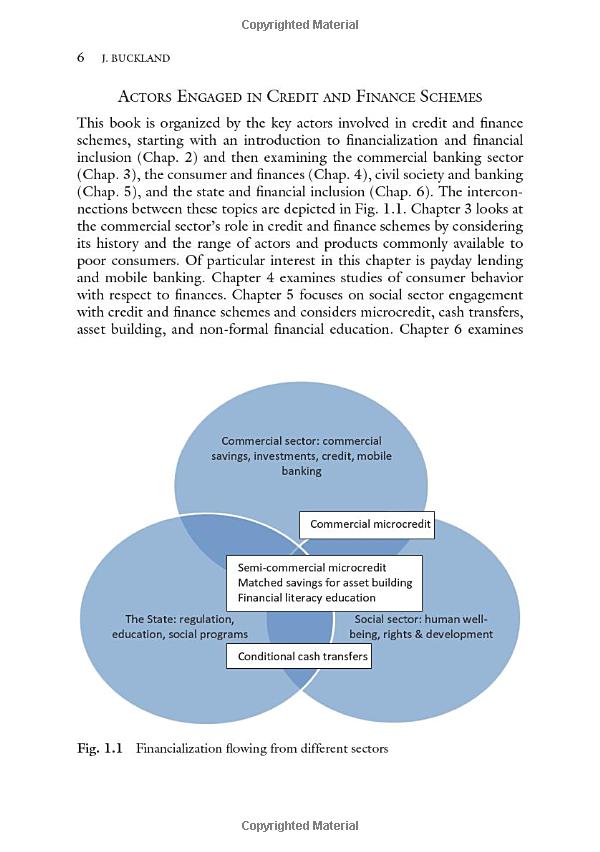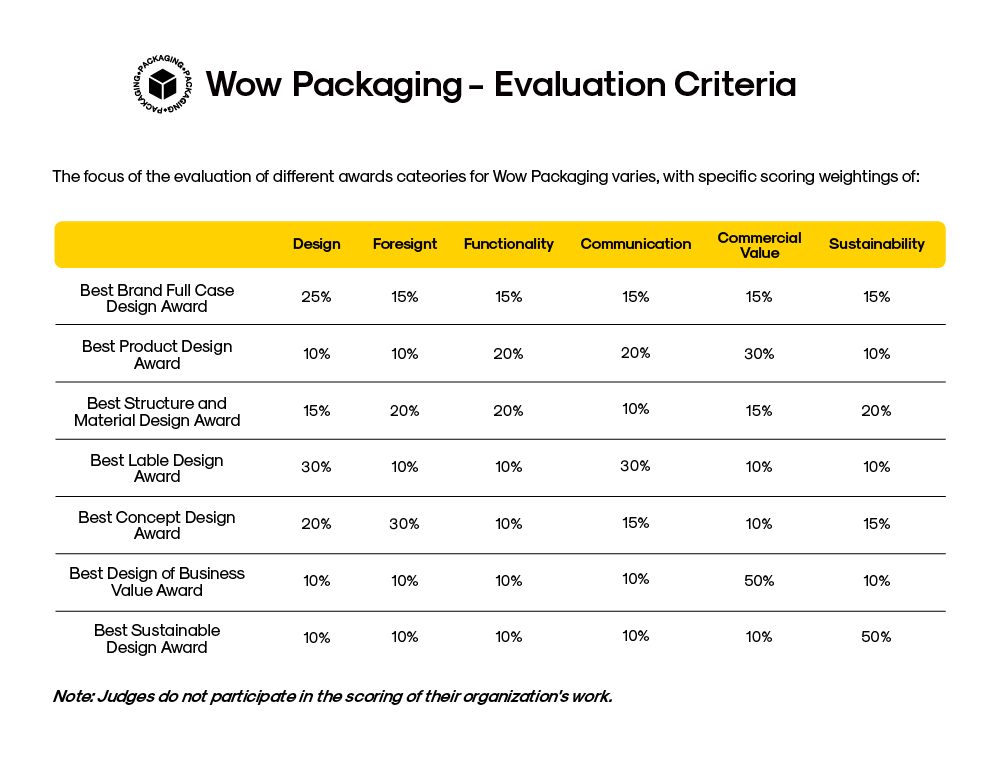Understanding How Does Applying for a Loan Affect Your Credit Score: A Comprehensive Guide for Borrowers
Guide or Summary:Credit Score BasicsHow Loan Applications Impact Your Credit ScoreHard InquiriesSoft InquiriesLong-Term Effects of Loan ApplicationsManaging……
Guide or Summary:
- Credit Score Basics
- How Loan Applications Impact Your Credit Score
- Hard Inquiries
- Soft Inquiries
- Long-Term Effects of Loan Applications
- Managing Your Credit During the Loan Application Process
#### Translation: 如何申请贷款会影响你的信用评分
Applying for a loan is a significant financial decision that can have a profound impact on your credit score. Understanding how does applying for a loan affect your credit score is crucial for anyone considering borrowing money. This guide will explore the various aspects of this process, including the immediate effects on your credit score, long-term implications, and tips for managing your credit responsibly during the loan application process.
Credit Score Basics
Before delving into the specifics of loan applications, it’s essential to grasp the fundamentals of credit scores. A credit score is a numerical representation of your creditworthiness, typically ranging from 300 to 850. It is calculated based on several factors, including your payment history, credit utilization, length of credit history, types of credit accounts, and recent credit inquiries.
How Loan Applications Impact Your Credit Score
When you apply for a loan, lenders will perform a credit inquiry to assess your creditworthiness. There are two types of inquiries: hard inquiries and soft inquiries.

Hard Inquiries
A hard inquiry occurs when a lender checks your credit report as part of their decision-making process. This type of inquiry can temporarily lower your credit score by a few points, typically lasting for about two years. While a single hard inquiry might not have a significant impact, multiple inquiries within a short period can signal to lenders that you are seeking a lot of credit, which can further decrease your score.
Soft Inquiries
In contrast, soft inquiries do not affect your credit score. These occur when you check your own credit report or when a lender pre-approves you for a loan without a formal application. Understanding the difference between these inquiries is vital for managing your credit score effectively.
Long-Term Effects of Loan Applications
While the immediate effect of applying for a loan may be a slight dip in your credit score, it’s essential to consider the long-term implications. If you are approved for the loan and make timely payments, you can positively impact your credit score over time. Payment history is one of the most significant factors in credit scoring, accounting for approximately 35% of your score.
Managing Your Credit During the Loan Application Process
To mitigate the effects of applying for a loan on your credit score, consider the following tips:

1. **Check Your Credit Report**: Before applying for a loan, review your credit report for any inaccuracies or issues that could impact your score. Correcting these errors can help improve your creditworthiness.
2. **Limit Applications**: Try to limit the number of loan applications you submit within a short timeframe. If you are shopping for the best rates, do so within a 14 to 45-day window, as multiple inquiries for the same type of loan during this period are often treated as a single inquiry by credit scoring models.
3. **Consider Pre-qualification**: Many lenders offer pre-qualification processes that allow you to check your potential loan terms without a hard inquiry. This can help you gauge your options without negatively impacting your credit score.
4. **Focus on Payment History**: If you do secure a loan, prioritize making on-time payments. Consistent, timely payments will help build your credit history positively.

In conclusion, understanding how does applying for a loan affect your credit score is essential for anyone looking to borrow money. While applying for a loan can lead to a temporary decrease in your score due to hard inquiries, responsible management of your credit can lead to long-term benefits. By being mindful of your credit applications and focusing on timely payments, you can navigate the borrowing process while maintaining a healthy credit score.